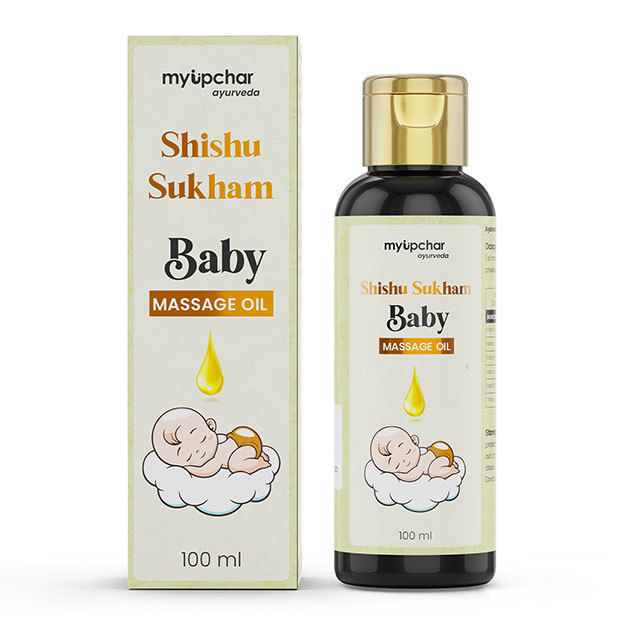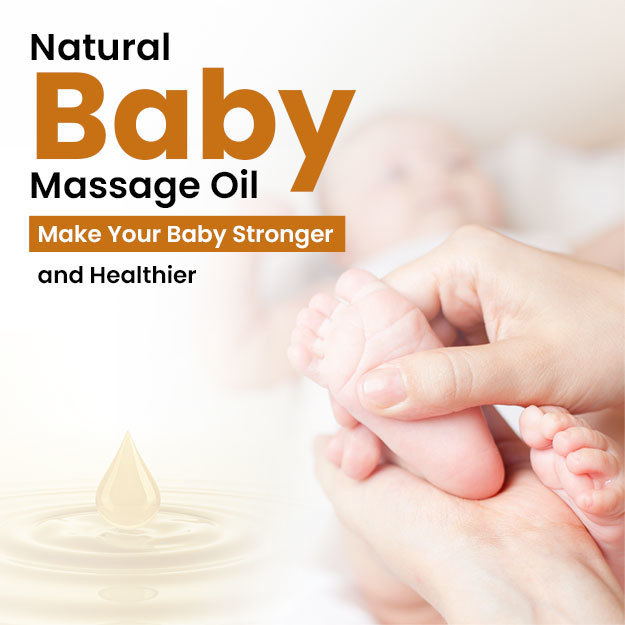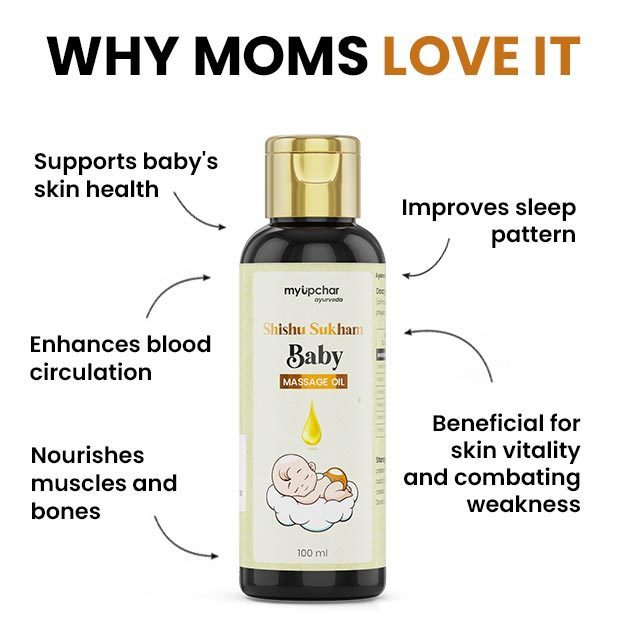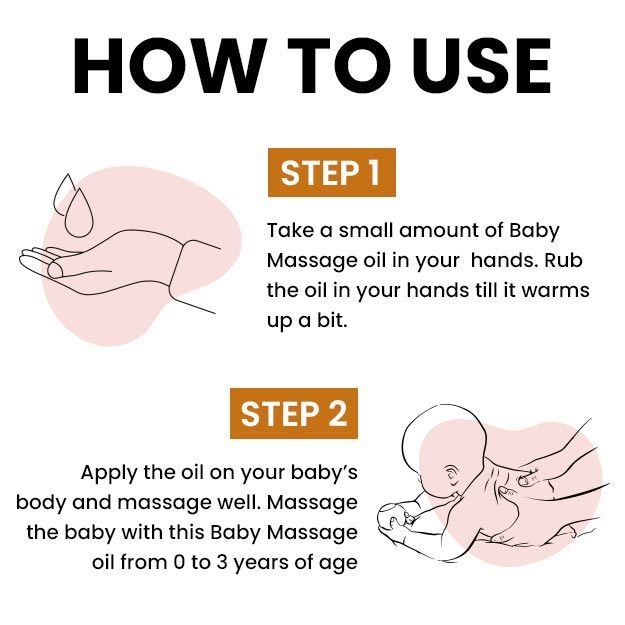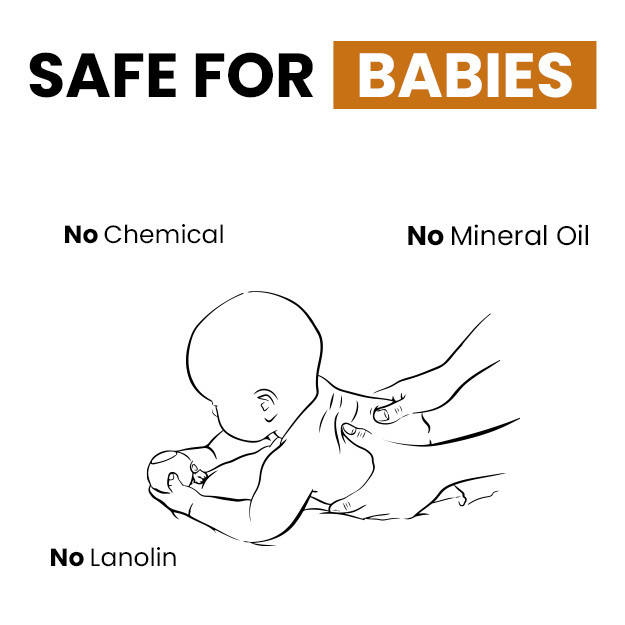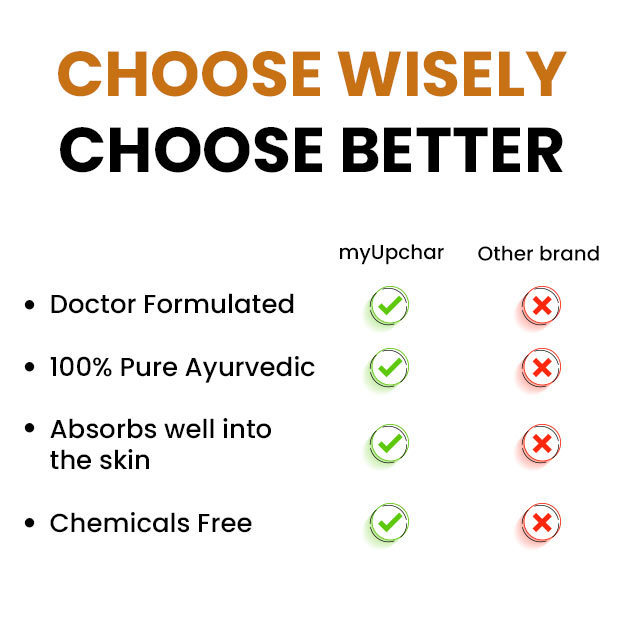Nutrition is an integral component of good health throughout our lives, but there are two stages in a woman’s life when it becomes even more vital - these are pregnancy and while breastfeeding. Following a proper pregnancy diet is important during the nine months of gestation because during this time the mother’s body provides the oxygen, nutrients and immunity that the growing foetus needs.
Similarly, paying attention to a healthy diet after giving birth is important for two reasons. One, it is important for the new mom to regain her strength after nine months of carrying a baby in addition to getting enough energy to keep up with the demands of a newborn. And two, because breastfeeding mothers provide both nutrition and immunity from infections until the baby’s own immune system is fully developed and the child has received the protection that vaccinations provide.
To be able to do this, a new mother must eat adequate amounts of protein, healthy fats, carbohydrates, fruits, vegetables, dairy products and nuts and seeds. And when it comes to proteins, eggs provide all the nutrition you need packed into one small hard shell. Eating one whole egg (egg yolk as well as the white portion of the egg) or two egg whites every day is a dietary recommendation for everyone, and breastfeeding mothers should also adhere to this recommendation.
However, in some cases, the baby might be allergic to certain foods. One of the predominant causes of infant food allergies is egg consumption by the mother. If your baby has a food allergy, your doctor might ask you to stop consuming eggs for a while.





